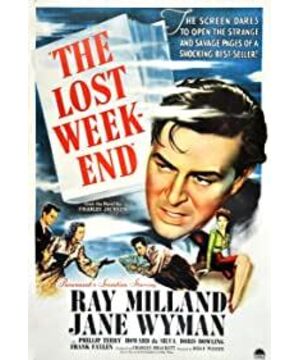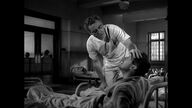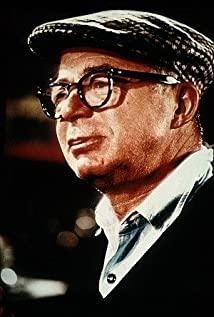film depicts the life of an alcoholic writer, Don, and vividly portrays the alcoholic's psychology and uncontrollable desires. The whole tone is on the verge of gloom and powerlessness, and there is no hope in life. It seems that wine can make people divert their attention and forget their troubles. It is unimaginable that such a Tang still has someone who loves him deeply, and still never abandons him despite the long disappointment and sadness. He really admires the existence of Helen. In the reciprocation of constant depravity and salvation, there is actually a happy ending at the end. This seemingly hopeful ending is still shrouded in a veil. I think Tang will do it again. After all, addiction is not so easy to quit, especially since Helen has been by his side and admonished him for so long. It is possible to suddenly think about it, but even if you quit psychologically, what about your body? I always feel that the ending is just a good fantasy.
Drinking, smoking, taking drugs, and addiction are repeated around us. Anything goes bad: addicted to eating, I have seen news of someone eating to death; addicted to gaming, dropped out of school and degenerated; addicted to gambling, ruined family wealth, and lost their heads overnight. Like one thing, you can make it your hobby, and occasionally crazy about it, but too dependent on it, you can no longer control yourself, it will backfire. The film has a profound cautionary significance.
View more about The Lost Weekend reviews











